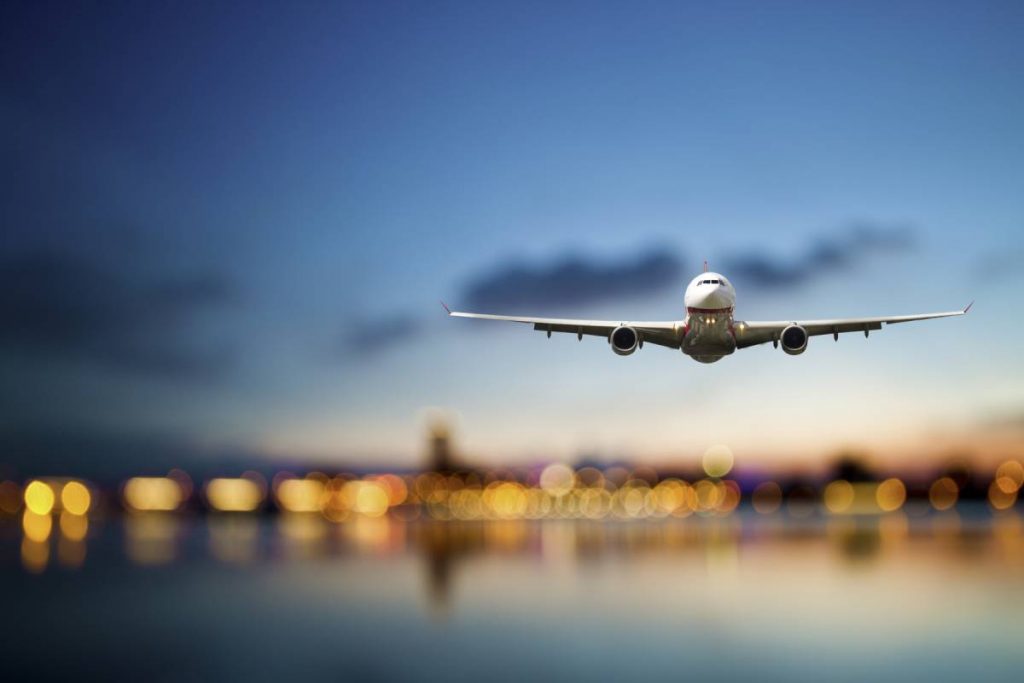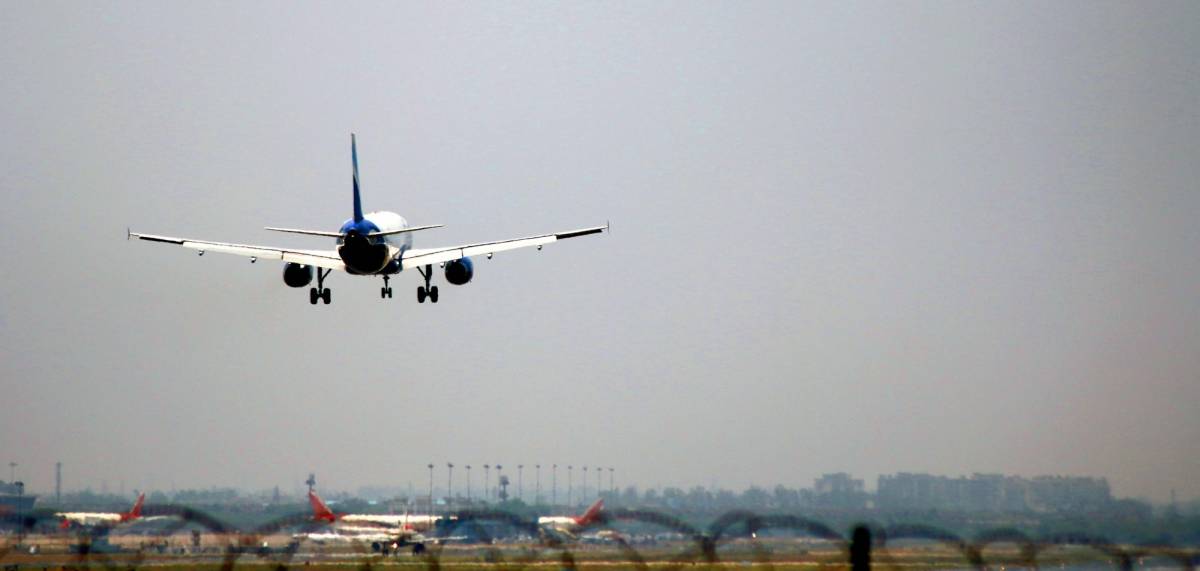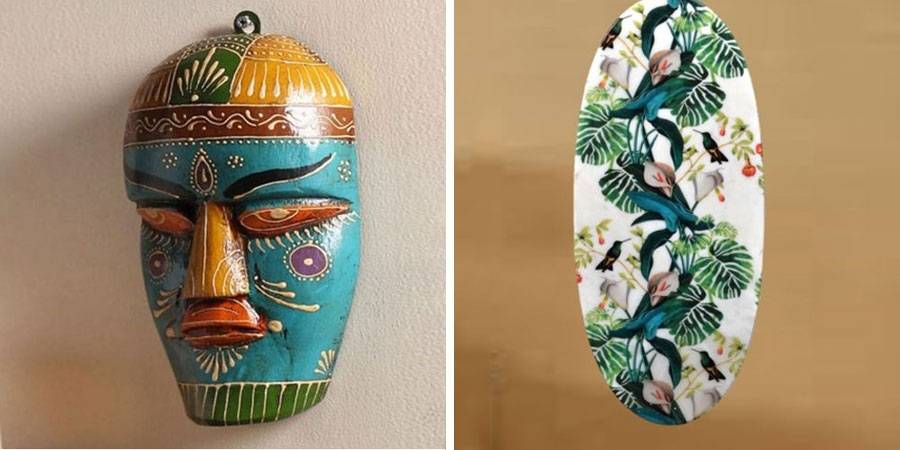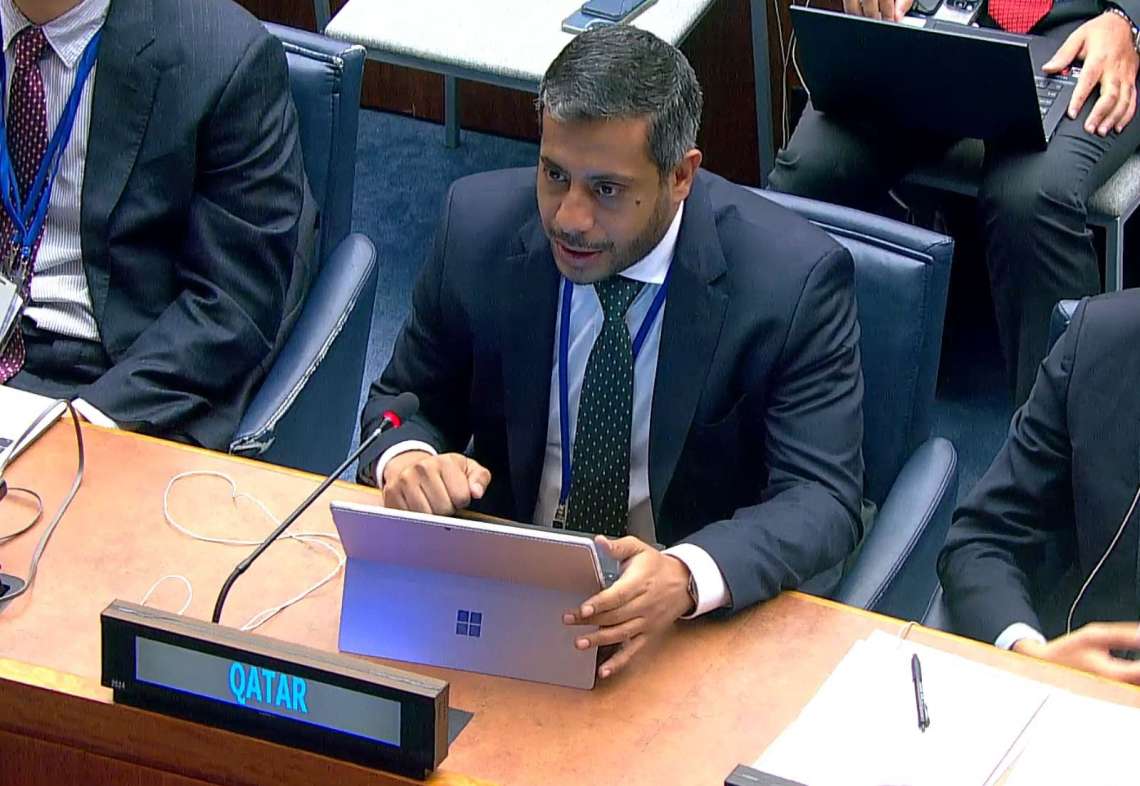Arrivals must also take a PCR test after landing in the country followed by two other PCR tests on the fourth and eighth day of their isolation period, reports Asian Lite News
The UAE has imposed new coronavirus measures for charter flights arriving from countries including India, Pakistan, Nigeria, Nepal and Uganda.
Passengers must wear tracking devices for a minimum of 10 days in a new circular from the General Civil Aviation Authority.
Those who arrived in Abu Dhabi, Sharjah and Ras Al-Khaimah, have already been given the devices, travel agencies and charter flight operators confirmed.
Abu Dhabi has also been requiring arriving passengers to wear the devices during their 14-day home quarantine, since September of 2020.
Arrivals must also take a PCR test after landing in the country followed by two other PCR tests on the fourth and eighth day of their isolation period.
In Dubai, travelers have to isolate for 10 days and undergo a PCR test, Raheesh Babu, group COO of Musafir.com, an internet travel agency, said.
Crew members operating from the listed countries are also required to abide by the new regulations.

ALSO READ: UAE–EU discuss human rights cooperation
Passengers must also quarantine in a hotel during the transit period, and are only allowed movement when transferring between the hotel and the airport, without being in contact with people in the UAE community, the circular said.
Meanwhile, the UAE has allowed entry to those people from India who held ‘silver’ residency permits in the country. Earlier, only UAE nationals, diplomats and golden visa holders were allowed entry. The operator claimed such silver residency permit holders would need to wear wristband trackers. However, the entry exemption for silver residency permit holders has not been confirmed by the UAE media or airlines.
Last September, the Abu Dhabi government made it compulsory for people arriving in the emirate to wear a wristband tracker during their 14-day quarantine. The wristbands are linked to the AlHosn app for tracing and tracking of Covid-19.
The extension of the ban on fight operations to India by the General Authority of Civil Aviation is in view of the prevailing situation due to COVID-19. The ban is applicable to major UAE carriers Emirates and Etihad.
The ban was initially imposed on April 25, after a surge in COVID-19 cases in India and later extended to June 30. The extension of the ban on the entry for travellers from India has disappointed Non Resident Indians (NRIs) working in the seven emirates, their families, and transit passengers moving via the hubs in the UAE.
Exemption has been given to cargo flight operations between two countries. Foreign carriers operating to India have scaled down the inbound flights, as those coming will not be able to return to the UAE.
Hundreds of Non Resident Keralites working in the U.S. and the U.K. and their families, students who had gone abroad for higher studies, and others will have to wait to fly via the hubs in the UAE. Those returning to the U.S. and Europe are now moving through Mumbai and Delhi international airports and other hubs.
ALSO READ: UAE to chair second OIC Summit on S&T













